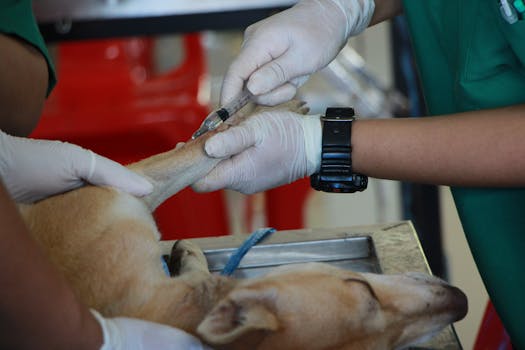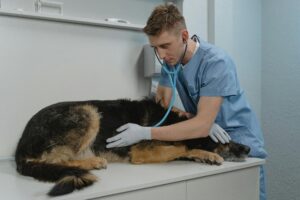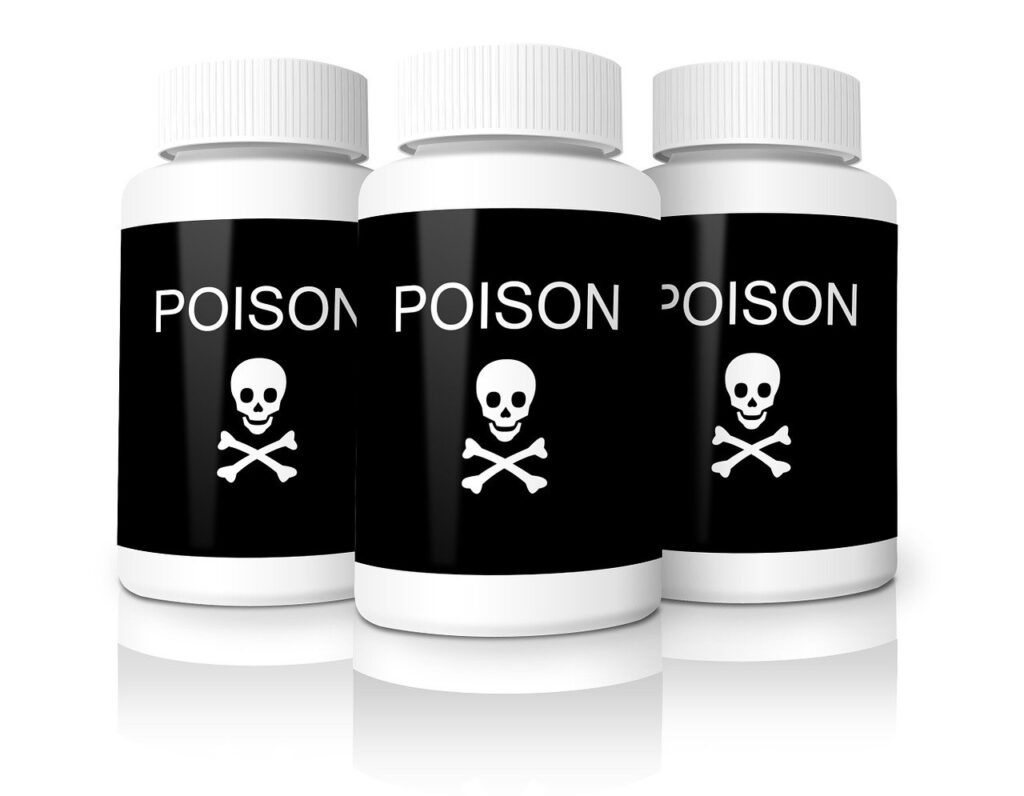

Poisoning can be a serious medical emergency. Over 2 million poisoning cases are reported to U.S. poison control centers each year. This includes both intentional and unintentional exposures.
Poisoning can occur through various means, including:
- Ingestion: Substances swallowed, such as medications, chemicals, or plants.
- Inhalation: Substances breathed in, such as gases, fumes, or vapors.
- Absorption: Substances absorbed through the skin, such as pesticides or toxins.
- Injection: Substances injected into the body, such as drugs or poisons.
The symptoms of poisoning can vary greatly, from a headache to loss of consciousness, depending on the type of poison and the amount ingested or absorbed. If you suspect someone has been poisoned, it’s essential to act quickly and calmly. Here are some steps to follow:
- Assess the Situation:
- Determine the type of poison: If possible, identify the substance that was ingested, inhaled, or absorbed. This information can be crucial for medical professionals.
- Check the person’s condition: Look for signs of poisoning, such as difficulty breathing, nausea, vomiting, diarrhea, dizziness, or confusion.
- Call for Help Immediately:
- Dial 911 or your local emergency number: Provide the dispatcher with as much information as possible, including the type of poison, the person’s symptoms, and their current condition.
- Follow the dispatcher’s instructions: They will guide you through the initial steps until help arrives.
- Do Not Induce Vomiting!
- Unless instructed by a medical professional: Inducing vomiting can be dangerous, especially if the poison is corrosive or can cause choking, so don’t do it, even if the product says to!
- Keep the Person Calm and Comfortable:
- Lie them down: If the person is feeling faint or dizzy, help them lie comfortably.
- Monitor their breathing: Make sure they are breathing normally.
- Avoid giving them anything to eat or drink: This can interfere with medical treatment.
- Gather Information:
- Save any packaging or labels from the poison: This can help medical professionals identify the substance.
- Note the time of the poisoning: This information can be helpful for treatment.
- Follow Medical Advice:
- Cooperate with the emergency responders: Provide any additional information they may need.
- Let them know of any medical conditions the person has and any medication they may be taking.
- Follow the instructions of the medical professionals: They will assess the person’s condition and determine the appropriate course of action.
Remember: Every poisoning case is unique. It’s essential to follow medical professionals’ advice and avoid taking unnecessary risks.
Additional Tips:
- Keep a list of emergency contacts: This can be helpful in case of a poisoning emergency.
- Consider taking a first aid course: Learning basic first aid can help you respond effectively to emergencies such as poisoning.
- Store poisons safely: Keep all harmful substances out of reach of children and pets.


Pets
Poisoning can be as severe a health emergency for pets. Some signs that your pet may have ingested something toxic include:
- Lethargy
- Loss of Appetite
- Vomiting – blood may or may not be present
- Jaundice (yellow discoloration of skin, gums, nostrils, genitals, etc.)
- Blood in Stool
If you suspect your pet has ingested something toxic, acting quickly and seeking veterinary attention is crucial.
- Contact Your Veterinarian: Call your veterinarian or a pet poison control hotline immediately. They can provide specific guidance based on your pet’s symptoms and the suspected poison.
- Avoid Inducing Vomiting: Unless instructed by your veterinarian, do not attempt to induce vomiting. This can be harmful in certain cases.
- Gather Information: Provide any information you can about what was eaten. This information can aid in diagnosis and treatment.
- Follow Veterinary Instructions: Adhere to the veterinarian’s instructions carefully, whether it involves bringing your pet in for an emergency exam or administering specific treatments at home.
Important Considerations:
- Time is of the Essence: The sooner your pet receives veterinary care, the better the chances of a positive outcome.
- Pet Poison Control Hotlines (provided below): These hotlines can provide valuable information and advice in emergencies.
- Prevention: Store all harmful substances, medications, and cleaning supplies out of your pet’s reach. Know what foods are toxic to pets and ensure they do not have access to them or are not given to them inadvertently.
- Emergency Kit: Prepare a pet emergency kit with your veterinarian’s contact information, a list of pet medications, and any necessary supplies.
Be aware that dogs and cats should NEVER eat onions, raw garlic, chives, chocolate, raisins, grapes, macadamia nuts, corn on the cob, avocado, artificial sweetener (xylitol), alcohol, coffee, coffee grounds, or tea, apple, apricot, cherry, and plum seeds/pits. Dogs should not have cooked bones, and cats should not have raw bones, meat, or eggs. For both, dairy should be given in limited amounts and only if they are lactose-intolerant (do a 24-hour test, but best avoided altogether for cats). Avoid fatty foods or foods with excessive salt. Non-food items include albuterol inhalers, antifreeze, batteries, cannabis, disposable hand warmers, electronic cigarettes (vapes), food oxidizers/silica gel packs, and insect bait. Plants like poinsettias aren’t as toxic as has been hyped; lilies are more harmful, especially for cats.
Of course, this is not an exhaustive list; remember: If you are unsure if your pet can have it, don’t give it to them!
Following these steps and seeking prompt medical attention can help ensure a positive outcome in a poisoning case.
Poison Control Center Hotline: 800-222-1222
ASPCA Animal Poison Control Center Phone Number: (888) 426-4435 Note: there may be a consultation fee
Pet Poison Helpline at 855-764-7661 Note: there may be a consultation fee
https://www.federalregister.gov/documents/2023/03/22/2023-05989/national-poison-prevention-week-2023#:~:text=Each%20year%2C%20Americans%20report%20more,poisoning%20in%20emergency%20rooms%20after
https://poisonhelp.hrsa.gov/about-us
https://www.vet.cornell.edu/departments-centers-and-institutes/riney-canine-health-center/canine-health-information/first-aid-poisonous-substances#:~:text=If%20for%20some%20reason%20you,but%20it’s%20well%20worth%20it.
https://www.aspca.org/pet-care/animal-poison-control
https://www.humanesociety.org/resources/plants-and-food-can-be-poisonous-pets



